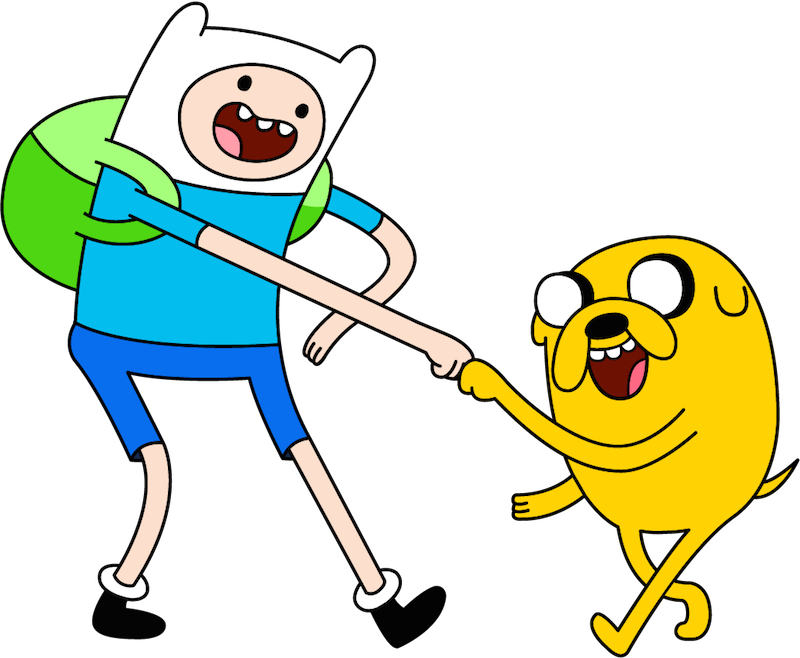The Power of Humor
Guest User
 Twice a year or so, my boyfriend Dave starts showing me YouTube videos and makes me question our relationship.
Twice a year or so, my boyfriend Dave starts showing me YouTube videos and makes me question our relationship.
I mean, not really. I wouldn’t actually end our relationship over the YouTube videos he shows me. But I do look at some of them and wonder what on Earth he finds funny about the things he finds on the Internet.
Dave has a particular appreciation for surreal humor which, I will freely admit, I do not share. Shows like Tim and Eric, Awesome Show, Great Job!; Check It Out! With Dr. Steve Brule; Don’t Hug Me, I’m Scared; and others are so awkward and weird that they make me almost physically uncomfortable. He’s always maintained that they were “actually really smart entertainment” and would joke that someday my sense of humor would evolve to be on his level.
He actually had a point. The more I started paying attention to the shows he watched (although I often watched them under protest), the more I realized that they weren’t just awkward, uncomfortable shows. They were satirical shows that took common television tropes—cringe-worthy late-night television shows, family-friendly prime time sitcoms, children’s shows, etc.—and exaggerated them to the point that they became surrealist commentaries on life as we know it.
These shows aren’t the first of their kind, either. Surreal humor has long been used by authors and playwrights to comment on society. It really became popular with the dawn of postmodernism, which, in the aftermath of World War II, became the dominant zeitgeist of a society dealing with a destabilized world and a deep distrust of authority. Surrealist humor was a way for people to deal with political and social uncertainty, the tension of the Cold War, the rapidly-accelerating development of technology, and morphing religious and moral norms.
No wonder surrealist humor is alive and well! Today, world politics are tense. War is everywhere. Technology is increasingly advanced and intrusive. Constant scandals have further weakened trust in established governments, religions, and social figures. Our generation’s surrealist humor has moved off of the stage and onto the Internet, but it’s still wrestling with the issues addressed by Samuel Beckett and others. They deal with topics like the ever-pervasive Internet, the idea of teaching children with television, concepts of identity in a digital world, and fame.
I’m still not a fan of Dave’s shows. Watching a bunch of puppets devolve into shrieking, hysterical versions of themselves as they delve into the Internet is not fun for me. Steve Brule makes me cringe. But I understand how they’re “smart humor” (even though I still roll my eyes at the “your-humor-will-evolve” joke), and I understand why they’re important.
Who knows? Maybe, someday, people will watch Don’t Hug Me, I’m Scared like we read Samuel Beckett. We might not love them, but we’ll see more clearly how significant they are.